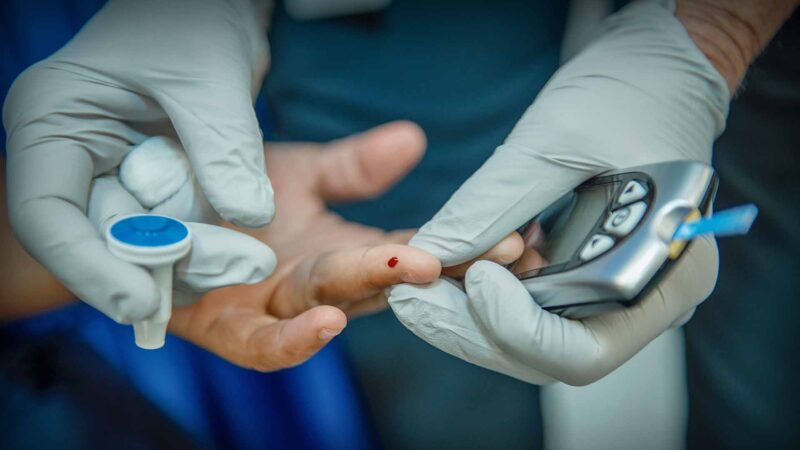OUTCOMES OF CORNEAL ALLERGENIC INTRASTROMAL RING SEGMENT (CAIRS) SURGERY
Dr David Gunn, Ophthalmologist
Cornea, Cataract and Refractive Surgeon, Queensland Eye Institute
& Focus Vision Clinic in Brisbane, Queensland
RESEARCHER PROFILE (Filmed in Brisbane, Queensland, Australian | June 2024)
Dr David Gunn is an ophthalmologist specialising in cornea, cataract, and refractive surgery at the Queensland Eye Institute and Focus Vision in Brisbane, Queensland. His journey into ophthalmology began during medical school, inspired by a mentor. He initially engaged in research on mouse glaucoma, exploring amacrine cells and their responses.
After completing his residency and gaining experience in eye casualty at the Royal Brisbane Hospital, David underwent four years of surgical training in the Queensland network. This was followed by a stint at the Bristol Eye Hospital in the UK, focusing on the cornea and anterior segment. Since returning to Queensland, he has concentrated on keratoconus research.
One of the pivotal moments in his career was the decision to specialise in cornea surgery, which included performing Australia’s first CAIRS procedure in May 2021. His current research examines outcomes for patients undergoing Corneal Allergenic Intrastromal Ring Segment (CAIRS) surgery.
Dr Gunn finds immense satisfaction in the immediate post-operative results he sees in patients, as visual acuity provides a tangible measure of success. He is passionate about introducing less invasive surgical techniques that lead to improvements in patients’ lives.
You Might also like
-
Oral administration of insulin for Type 1 Diabetes
Huiwen Pang is a 3rd year PhD candidate in the Australian Institute for Bioengineering and Nanotechnology, University of Queensland, focusing on biomedical health research. Prior to commencing his PhD, Huiwen studied animal genetics in his Masters degree at Huazhong Agriculture University in China.
People with diabetes, especially Type 1 diabetes, largely rely on the insulin injections or insulin pumps to control their high blood glucose levels, which is painful and has a high risk of infections.
Huiwen Pang is conducting research on nano-based drug formulations for Type 1 diabetes treatment, with a focus on using nanomaterials to load insulin for oral administration and employing anti-apoptotic and anti-inflammatory approaches to mitigate damage to beta cells.
-
Digital Biomarkers and AI for Optimal Diagnosis, Treatment, and Decision-Making
Associate Professor Johan Verjans is a clinician-scientist with a strong focus on cross-disciplinary translational research. In his role as Deputy Director at the Australian Institute for Machine Learning (AIML)—one of the world’s premier machine learning institutes, with over 200 researchers—and as Group Leader of Artificial Intelligence at the South Australian Health and Medical Research Institute (SAHMRI), he integrates his expertise in molecular medicine, clinical research, and advanced imaging with machine learning applications. This unique combination enables him to drive the translation of cutting-edge AI research into practical medical applications. He works with global teams from multinationals on AI problems.
-
Mental health research on first responders in regional, rural and remote Australia
Dr Rikki Jones has been awarded to date a total of over $430,000 in research funding. She is currently leading four large national research teams focusing on rural health and sustainable rural health workforce (include mental health of first responders, sexual violence in rural Australia, virtual simulated nursing placements, and nursing students experience with online learning, connection and transitioning to practice).



